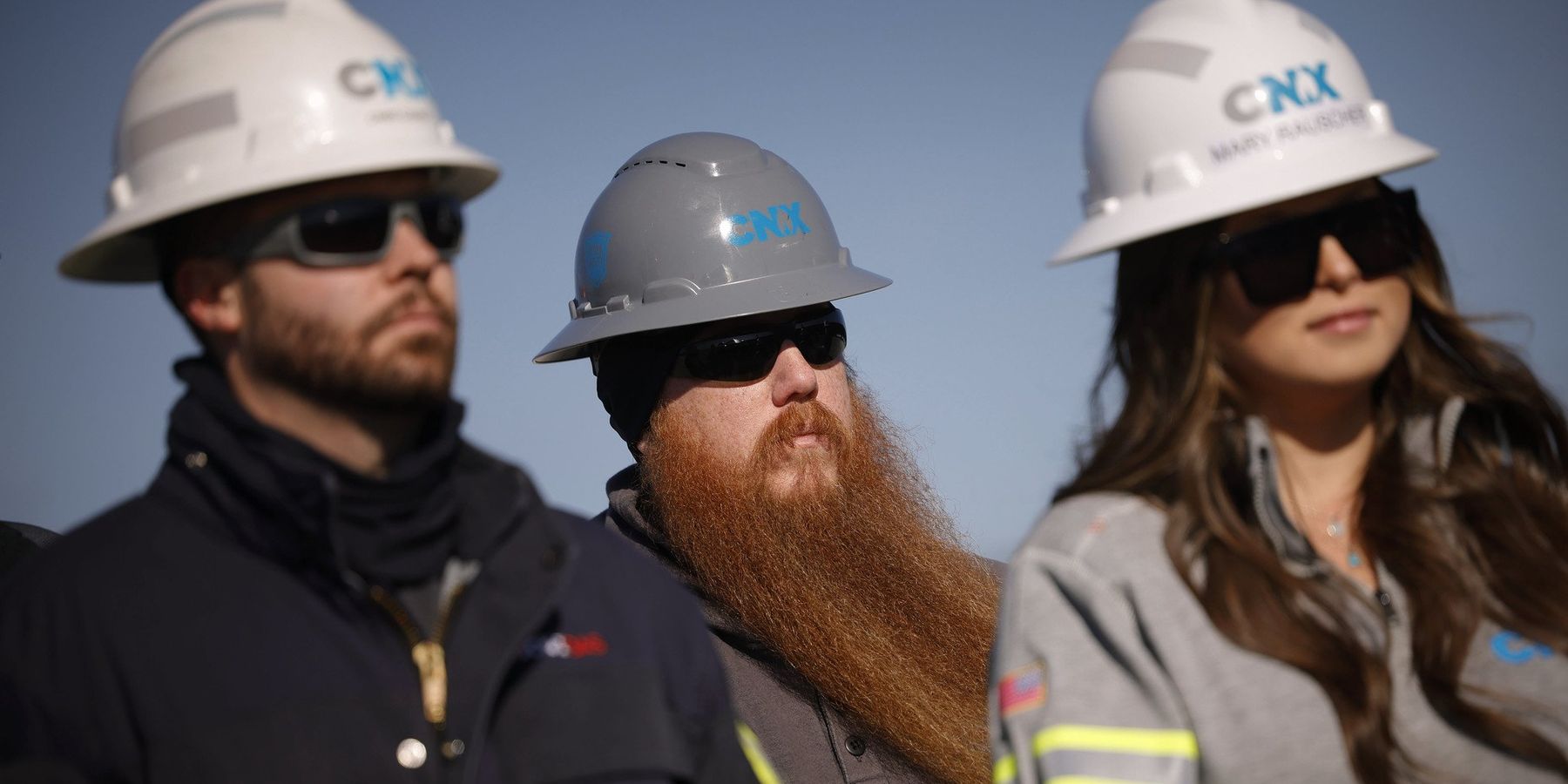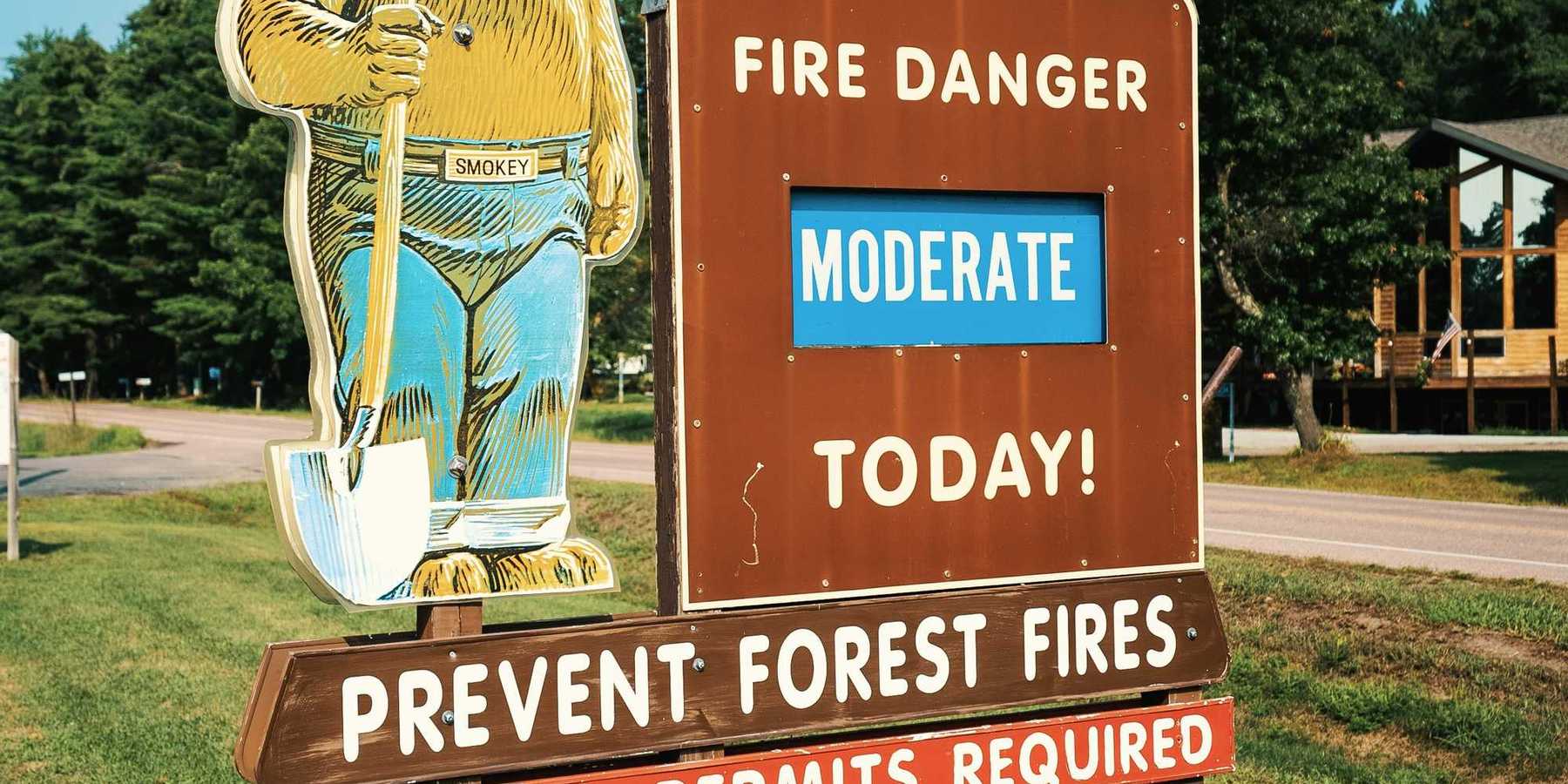
A Pennsylvania fracking company with more than 2,000 environmental violations selected for federal environmental justice funding
CNX Resources is slated to receive Justice40 dollars for self-monitoring. Health and justice advocates are outraged.
PITTSBURGH — A Pennsylvania-based fracking company is the subject of controversy after one of its projects was listed as an environmental justice initiative under a federal government program by the U.S. Department of Energy (DOE).
An environmental monitoring project conducted by CNX Resources, a natural gas company headquartered in Pittsburgh, was included on a list of Justice40 efforts related to the federally funded Appalachian Hydrogen Hub in a document recently released by the Department of Energy. The hub is a network of infrastructure that will create hydrogen for energy use. It’s part of a nationwide initiative to advance hydrogen production with the goal of decreasing climate-warming carbon emissions in the U.S.
Justice40 is a Biden’s administration initiative that directs 40% of the overall benefits of certain federal programs to environmental justice communities, which are low-income and overburdened by pollution. The inclusion of CNX’s project – dubbed the “Radical Transparency” program by the company – suggests the company is slated to receive some of the $30 million in public funds allocated to the region’s hydrogen hub project.
Also included on that list are EQT Corporation, the nation’s largest producer of natural gas, and Enbridge, an oil and gas pipeline and energy company. While environmental advocates question any oil and gas company getting federal environmental justice funding, CNX in particular is raising concerns because of its controversial reporting on its environmental monitoring.
CNX’s “Radical Transparency” project launched in 2023 in partnership with Pennsylvania Governor Josh Shapiro. The project consists of air and water quality monitoring data for 14 of its fracking facilities in Pennsylvania provided by the company. It also includes publicly disclosing the chemicals CNX uses during fracking at those wells (with the exception of “trade secret” chemicals), among other initiatives.
The company says that nine months into the project, preliminary air monitoring results indicate “that natural gas development done the CNX way is safe and inherently good for the communities where we operate.”
But the company has a history of environmental violations and criminal charges for misreporting its own air emissions.
CNX has racked up more than 2,000 environmental violations by the Pennsylvania Department of Environmental Protection since 2004 at the more than 500 oil and gas wells it operates in Pennsylvania. The company also pleaded no contest to criminal charges for misreporting air pollution levels and violating the state’s Air Pollution Control Act in 2021.
A group of 40 organizations and 13 individuals, including Pennsylvania State Senator Katie Muth, submitted a letter to DOE Secretary Jennifer Granholm in August to protest the inclusion of CNX’s air monitoring project on the list of Justice40 efforts related to the Appalachian Hydrogen Hub. The letter argues CNX shouldn’t have a place “on any list of companies eligible to receive even a penny of hydrogen hub funding.”
“As a retired physician educated in public health, I am very concerned that CNX has been mentioned as a supporter of Justice40 in [the Appalachian hydrogen hub project],” B.W. Brandom, a member of Concerned Health Professionals of Pennsylvania who signed the letter, said in a statement. “CNX has had so many violations of environmental regulations, it should not be receiving public funds to continue work that destroys our environment.”
In southwestern Pennsylvania, environmental justice communities experience well-documented health harms linked to pollution emitted from a dense network of oil and gas wells and related infrastructure. The Appalachian hydrogen hub will primarily use natural gas to create hydrogen energy, prompting concerns that it may lead to an increase in pollution in these communities.Questions surrounding the data from CNX’s “Radical Transparency”

When CNX’s air monitoring initiative was launched with Pennsylvania Governor Josh Shapiro (pictured above), it set out to “definitively confirm for all stakeholders that there are no adverse human health issues related to responsible natural gas development.”
Credit: Commonwealth Media/flickr
When CNX’s air monitoring initiative was launched, it set out to “definitively confirm for all stakeholders that there are no adverse human health issues related to responsible natural gas development” and “to confirm what we already know: that the natural gas industry is essential, responsible, and inherently good for society,” according to the company’s CEO, Nick Deiuliis.
The recent CNX report on the preliminary data it has gathered claims that the project’s findings “expose the flawed nature of the oft-cited University of Pittsburgh Health Study and its highly suspect results,” referencing a 2023 study conducted by the Pennsylvania Department of Health in collaboration with the University of Pittsburgh that linked living close to fracking wells to higher rates of asthma, lymphoma and low birth weights among Pennsylvania residents.
The CNX report drew criticism from environmental and health advocates, who said the project puts a carefully chosen set of brand new fracking wells under a microscope rather than monitoring the company’s many existing wells in the state, does not examine any health data and ignores decades of peer-reviewed research on the industry’s health impacts.
“No peer-reviewed study has ever been able to demonstrate that shale gas development can be done safely and without impact to human health, and any report that claims as much, especially one authored by a company that has an extensive history of fines for violating environmental rules and regulations, must be met with doubt and skepticism,” said Alison Steele, executive the Environmental Health Project, a nonprofit public health advocacy group, in a statement.
“No peer-reviewed study has ever been able to demonstrate that shale gas development can be done safely and without impact to human health." - Alison Steele, executive the Environmental Health Project
Talor Musil, a field manager at the Environmental Health Project who signed the letter, told EHN that the project not only fails to introduce any real public health protection and cherry-picks monitoring data about the health risks of fracking operations, but also “shut out impacted community members from any decisions related to the collaboration.”
Some advocates have also expressed frustration for Governor Josh Shapiro’s support of the project, since he previously initiated the criminal charges against CNX for its environmental violations while serving as Pennsylvania’s Attorney General.
“CNX is producing pseudo-science designed to deceive Pennsylvanians, including investors and distract from its worsening finances,” Tonyehn Verkitus, executive director of Physicians for Social Responsibility’s Pennsylvania chapter, said in a statement that noted CNX’s report was made public right after the company’s stock price was downgraded due to falling gas prices. “But the real culprit here is Governor Shapiro, who is allowing CNX to regulate itself. And the real victims are the people of Pennsylvania.”
Musil also pointed to the fact that the project is not in line with specific policy priorities listed under the Justice40 initiative, like decreasing environmental exposure and burdens and increasing energy democracy in disadvantaged communities.
Planning and award negotiation for the seven planned hydrogen hubs across the country is still underway, and project partners have not yet received federal funding. Development, permitting and financing for the hubs is expected to happen by 2029.













